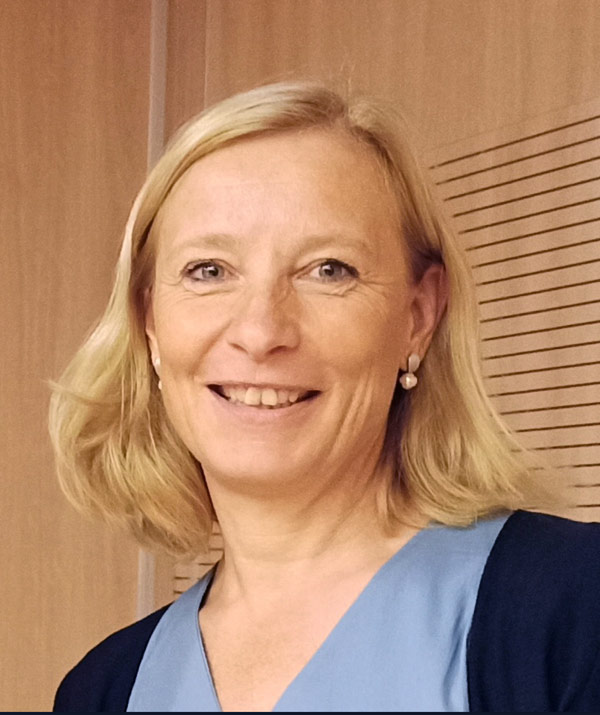Nives Markun Puhan, a senior consultant for Physical Education at the National Education Institute of
Slovenia from 1999.
The member of the developing expert team and trainer for the implementation of the student voice through formative assessment in teaching and learning since 2015. Works with schools and especially with physical education teachers. She leads the expert team for research and integration of FA principles in the field of Physical Education. She provides training sessions, seminars, workshops, and conferences to support and scaffold the development of teachers’ knowledge on how to involve learners throughout the complete learning process so that they become co-creators of their own knowledge.
2016-2020 was a member of the international project team Erasmus+: Student Voice – the Bridge to
Learning. 2020-2023 now she is still active as a member of the international project team within the
international project Erasmus+: Developing adaptive expertise to foster an effective learning
environment.
The key speaker and presenter in conferences at national and international levels.
Formative Assessment – The Path to Adaptive Expertise
Workshop
Co-presenting with Saša Kregar, Nina Novak and Suzana Ramšak
The topic of the workshop is the Slovenian model of implementing formative assessment or assessment for learning in everyday classroom practice. The purpose of embedding it will be illustrated by a theoretical frame as well as examples of best practice.
The Slovenian model will be presented through five key elements of formative assessment: learning intentions and success criteria, evidence of learning, formative feedback, questions to support learning,
self-evaluation and- peer evaluation, presenting their role in the process of learning and highlighting the benefits for the teachers and students. The focus will also be on the key strategies of formative assessment, i.e. student participation in creating learning intentions and success criteria, building on students’ prior knowledge, providing effective feedback, peer-learning as a source of learning and teaching, self-evaluation for self-regulation of learning, each including a collection of diverse evidence of learning.
Finally, the Slovenian model of adaptive expertise will be presented, putting the elements and strategies of formative assessment at the very core of inclusive practice.


